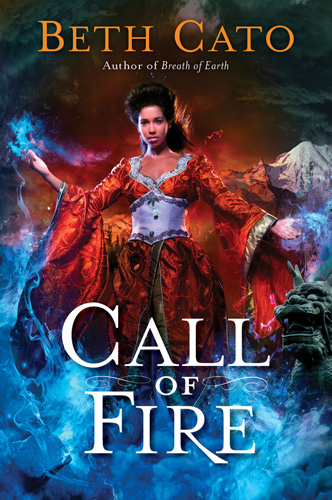If you’re working on a book and aiming at the traditional publication route, acquiring a literary agent feels like the key to make all your dreams come true. An agent can submit the Big 5 Publishers, after all, and from there your book can be made available anywhere and everywhere around the world.
The thing is, real life isn’t like a book. After you sign the book deal and work to make your novel all shiny, your life is not emblazoned with a bold THE END. (At least, I sure hope not!) Life goes on. As you write more books and develop more of a relationship with your publisher–or publishers–it means a lot to have a staunch advocate working to better your career. Here’s what an agent might do beyond reading the fine print on your contract.
 – Know the trends.
– Know the trends.
The publishing world is small. As readers and authors, we hear some news about deals and see the new releases, but agents follow the pulse of the industry and know about the books that will be out in a year, two, three years. That’s why an agent might love a manuscript that lands in their slush pile, but they might not pick it up–there might be a glut of similar books that are already signed and in the publication process.
– Edit.
Not all agents edit. Not all authors want an agent who edits. My agent edits and I love her for it, even though her feedback is brutal at times. Not only is she great at critiquing, but–to return to the first point–she knows the industry and what makes a book strong or weak in this particular market. That’s insight beyond what I can get from my fellow authors.
– Act as mediator.
When you establish a relationship with a publisher, agents become this wonderful buffer between author and editor. They get to nag on your behalf. They get to email/phone and pester about late manuscript edits or financial statements or book cover progress. That doesn’t mean agents handle ALL interactions with your editor. A lot of day-to-day interactions are directly between editor and author, but agents are there to call on when things get awkward.
– Career guidance.
Some agents work with authors on a book by book basis. Others make a pact for the full career of the author, and that’s the kind of relationship I have. Here’s the thing: the book industry is weird. Your book might not sell. Editors come and go. Imprints fail. Publishers are bought-out. A supportive agent looks beyond the book you’re working on now, and on to the next series, or a new series. Again, they see the trends. They see what is selling–or not. I rely on my agent’s business savvy to guide me along.
– Cheerleader/superhero.
Writing is my happiness, my joy. Sometimes, it is also a particular kind of hell. My agent is there to talk me off the ledge. She’s not just a cheerleader, she’s a superhero, cape and all. Agents are there for the good times (book deal, whoo hoo!) and also the bad times: when rough drafts stay particularly rough, when deadlines are zooming by, when the publisher is supporting about as well as a ten-year-old bra.
So sure, an agent will help you get a book deal and make sure the contract is fair, but they do so much more. They are there to help you along, book after book, and during those lulls in between books, too. A supportive agent is there to do whatever they possibly can to ensure that your writing career consists of more “TO BE CONTINUEDS” than “THE ENDS.”
Originally posted at Novelocity. #SFWAPro





